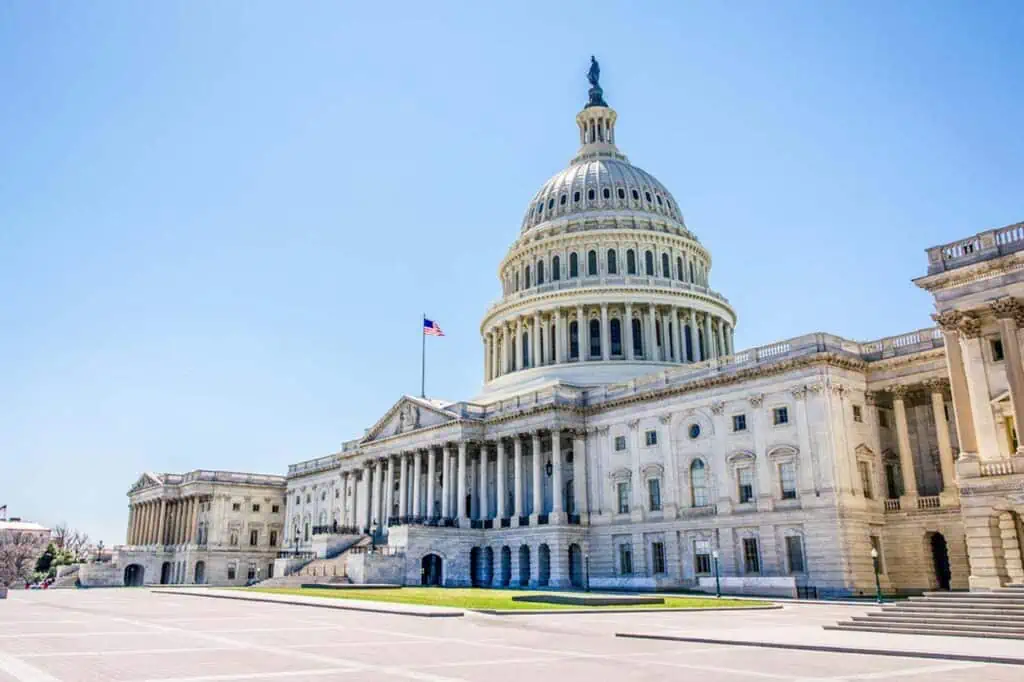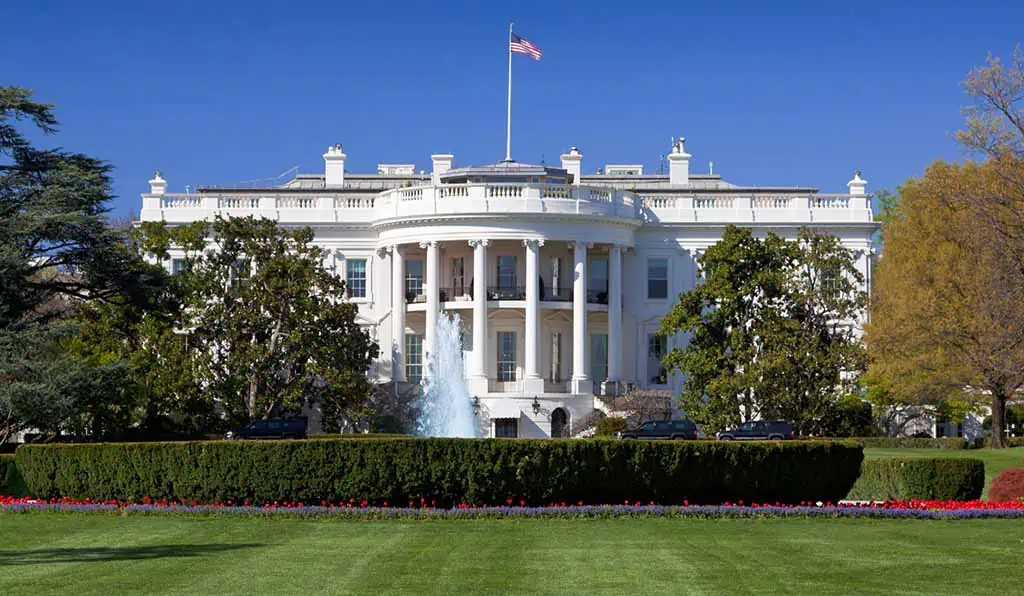Growing Our IMPRINT Coalition, Deepening Our Impact
As the IMPRINT coalition expands to welcome new member organizations, WES Global Talent Bridge is featuring a series of blog posts that highlight the critical work and unique perspectives of this dynamic network.
José Ramón Fernández-Peña, MD, MPA, is director of Health Professions Advising at Northwestern University and president of the American Public Health Association. He is the founder of the Welcome Back Initiative, a national network that comprises 11 centers in nine states dedicated to building a bridge between the pool of internationally trained health workers in the U.S. and the need for linguistically and culturally competent health services. Fernández-Peña is also a founding member and steering committee member of IMPRINT.
I am an immigrant physician who chose not to pursue relicensure in the U.S. because of structural barriers to reentering my field.
In my first job in New York, I worked with six other international medical graduates (IMGs) in quality management. We had been hired because of our medical knowledge but were all underpaid. The idea of launching a program to support IMGs in their efforts to relicense in the U.S. was born then.
Years later in San Francisco, when I worked at a community-based clinic that primarily served the city’s Latino population, I saw the disconnect between the need for quality health care in immigrant and Latino communities, and the underemployment of immigrant health workers. When we had openings for positions like social workers, nutritionists, health educators, physicians, or psychiatrists, internationally trained health workers would apply. They had the necessary knowledge and skills, but most of the time, they were not eligible for these positions because they did not have the occupational licenses required to practice in California.
Currently, there are two million college-educated immigrants and refugees living in the U.S. who are underemployed or unemployed. More than sixty percent of these individuals earned their degrees outside the U.S. This underutilization of talent strips our workforce of diversity—including the urgently needed social, cultural, and linguistic abilities of immigrant and refugee workers—and results in nearly $39.4 billion in foregone earnings and $10 billion in unrealized tax payments.
Communities across the U.S. are increasingly recognizing and addressing the systemic racism that extends to all aspects of our lives and contributes to inequities in access to employment. In recent months, a growing roster of employers have also made commitments to diversity, equity, and inclusion (DEI). We must ensure that these pledges result in action that creates hiring systems that level the field for immigrant and refugee workers.
This month, IMPRINT, a national coalition hosted by World Education Services (WES) that advances equitable and inclusive public policies to break down barriers to economic mobility for immigrants and refugees with international credentials, expanded significantly. I was one of the five founding IMPRINT members about ten years ago. Today, we have grown to 19 organizations ready to promote change.
This expansion comes at a critical time.
The COVID-19 pandemic exposed the cracks in the health services structures in the U.S. Among them, the impact of the lack of diversity in the health workforce was most evident in the areas of public health and primary prevention, primary care, and mental health. Executive orders around the country that provided temporary licenses for IMGs to join the workforce during the crisis speak to the better understanding that we are surrounded by talented and experienced individuals who are ready to serve in their fields.
I am inspired by the enormous progress we have made in educating policymakers and employers about the talents and contributions that immigrants and refugees bring to the workforce. My hope is that the growing IMPRINT coalition will continue to advance national, state, and local polices that promote inclusive and diverse workforces in the U.S.
Click here for more from WES Global Talent Bridge.





